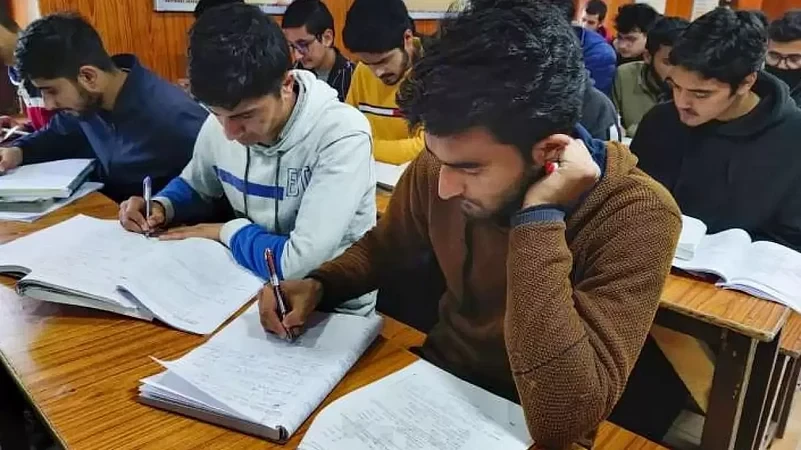According to the 2025 IC3 Student Suicide Aversion Report, students in school across India are experiencing an alarming and increasing level of stress. Conducting surveys of over 8,500 students from grades 8 to 12, it produced concerning findings in terms of emotional wellbeing and revealed how academic pressure and poor advice from educational institutions impacted the psyche of young people in India.
Key Stress Triggers
There are three significant drivers of distress identified in the report, which included a heavy academic load, uncertainty about their future, and excessive homework. Each of these are cumulatively reducing the resilience of students, leading to burnout at so early an age.
Shocking Results
- 1 in 5 students acknowledged that they seldom feel motivated, peaceful or excited to be alive.
- 40% were unsure about where to find mental health services in their schools.
- Nearly 50% have never had formal career advice.
- Girls are almost 2 times more likely than boys to experience persistent sadness.
- 75% of Class 12 students responded that they're not getting enough sleep from test anxiety, and chronic overthinking.
Gender and Inclusivity Issues
The study identified starkly gendered distinctions in coping strategies. Female students often internalize distress, and avoid seeking professional help. Non-binary respondents represented the lowest overall well-being. Peer groups are often initially leveraged as outlets, however, most friends are not formally trained, and may struggle to provide support.
Career Uncertainty Intensifies Anxiety
The lack of clarity around future opportunities has become one of the worst recent factors. Given that students have no structured guidance, they are feeling unable to make important decisions, and the heavy demands of their schedules are only adding to the psychological impacts upon young people.
Call for Systemic Change
“This is not a hidden challenge anymore—it is an urgent crisis,” said Ganesh Kohli, Founder of the IC3 Movement. He acknowledged growing awareness and wider availability of counseling in schools but warned that “career anxiety continues to rob students of sleep and peace of mind. Mental health cannot be seen as optional.”
At the report's launch, leaders including Dr. Indu Shahani of ATLAS SkillTech University and senior Ministry of Education officials were clear that counseling must be foundational to schools like facilities or academics.
A Tipping Point for Schools
The data call for immediate action. Unless counseling and emotional support services are mainstreamed into the school system, millions of Indian students will persist in facing mental health challenges, sleepless nights, and career uncertainties - situation already referred to in this report as a tipping point for the alarming mental health concerns of young people.

